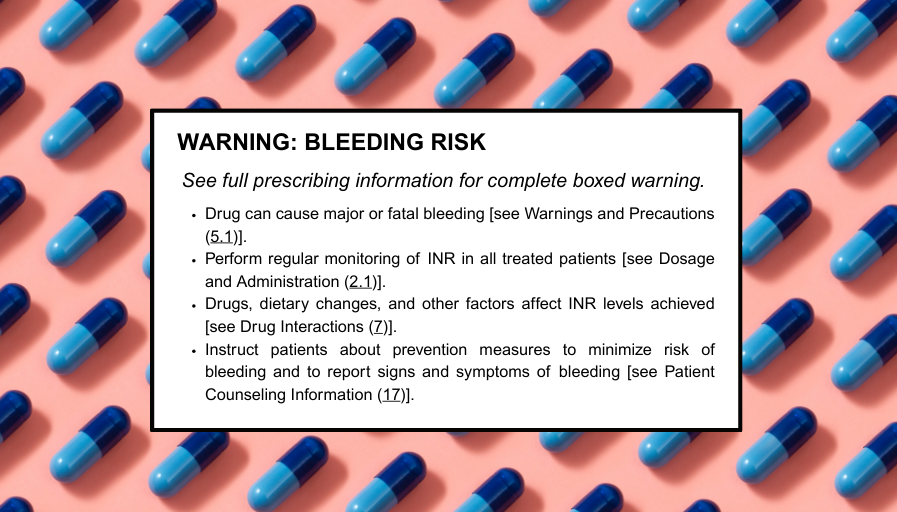Unlocking the Potential of CRISPR

Scientists have repurposed a bacterial immune response against viruses, called CRISPR, to edit genomes in ways never before possible. Remarkably, the FDA approved a CRISPR cure for sickle cell disease only ten years after the advent of the technology.
Understanding the Wider Scope:
- In the 1980s, scientists observed DNA sequences with unique “spacers” between repeating sequences in bacterial DNA.
- The researchers called these repeats “Clustered Regularly Interspaced Short Palindromic Repeats,” or CRISPR.
- These repeating sequences are palindromic, meaning that on a double-stranded DNA or RNA molecule, the sequence on one strand is identical to the sequence on its complementary strand.
- In the mid-2000s, scientists realized the “spacers” between CRISPR sequences matched partial DNA sequences of viruses that infect bacteria.
- CRISPR functions as a “genetic memory” of viral DNA that bacteria use to fight off viruses if reinfected.
- Researchers adapted the CRISPR system to cut DNA at a specific location in various genomes.
Why CRISPR Matters:
- Exa-cel, under the brand name Casgevy, received FDA approval for sickle cell disease in December 2023.
- The exa-cel treatment developed by Vertex Pharmaceuticals and CRISPR Therapeutics represents the first CRISPR treatment to be approved by the regulatory agency for use in human patients.
- Exa-cel uses the patient’s own bone marrow stem cells, which are corrected using a CRISPR technique.
- The corrected stem cells are reintroduced into the patient to permanently create red blood cells without the sickle defect.
CRISPR in Action:
- The World Health Organization (WHO) uses the CRISPR system to genetically modify mosquitoes to reduce malaria transmission. According to the Centers for Disease Control (CDC), 240 million people are infected with malaria annually worldwide.
- CRISPR is solving the world’s food insecurity in three ways: it helps crops survive hostile environments, improves the overall nutritional value of plants, and restores food supplies.
- The startup eGenesis uses the CRISPR technology to successfully disable viruses embedded in pig DNA that could infect human transplant recipients, making potential pig donor organs safer for humans. With over 100,000 people in the USA waiting for an organ transplant and 5,600 of them dying annually before one can be procured, CRISPR may be the answer.
Other Gene Therapy Technologies:
Before the approval of CRISPR technology, the FDA approved several other gene therapy technologies; Luxturna and Zolgensma use AAV technology and Kymriah and Yescarta use CAR-T technology. Learn the science of AAV and CAR-T and how these technologies are applied to cure diseases such as SMA, lymphoma, and retinal dystrophy in Biotech Primer’s on-demand classes Gene Therapy Primer and Cell Therapy Primer.

Biotech Primer is your go-to source for interactive training across the biotechnology, pharmaceutical, molecular diagnostics, and medical device sectors. Explore a range of in-depth biotech courses designed to deepen your understanding of key principles and applications in the field.
Learn More








